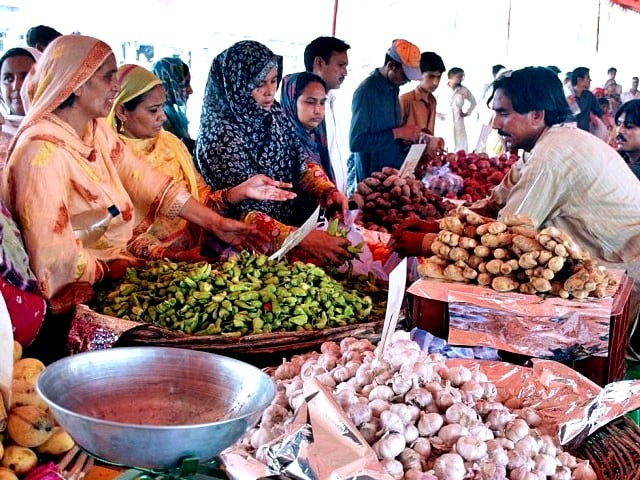PSBA delivers cheaper essentials, cuts food prices below official rates
.

For decades, it was assumed no government-run institution in Pakistan could sell essentials below prices set by Deputy Commissioners (DCs). Even the state-owned Utility Stores Corporation required billions in subsidies to stay competitive.
But in 2024–25, the Punjab Sahulat Bazaars Authority (PSBA), led by Naveed Rafaqat Ahmad, broke that assumption by selling flour, eggs, and chicken below DC rates — without subsidies.
During Ramzan 2025, flour was sold at PKR 795 per 10kg bag, cheaper than the DC price of PKR 832 and the market average of PKR 897. This success stemmed from a structurally redesigned welfare model. Ahmad transformed the Punjab Model Bazaars Management Company into PSBA through a legislative Act — the first Section 42 company in Pakistan elevated into a statutory authority — giving it the autonomy to operate at scale.
A digital breakthrough followed. In July 2024, Ahmad launched Pakistan’s first province-wide mobile app for free home delivery of subsidised essentials, inaugurated by the Punjab Chief Minister. Within seven months, 85,000 orders had been fulfilled through 72 delivery bikes. For many — especially women, the elderly, and those unable to travel — this was the first time government-backed groceries could be ordered online and delivered cheaper than both market and official rates.
Analysts describe PSBA as South Asia’s first digital welfare authority, combining price relief, legal empowerment, and last-mile digital access. Today, it operates 36 bazaars across 25 districts with 7,350 stalls supporting more than 60,000 families. It links 16,000 farmers directly to 20,000 stalls, cutting out middlemen, while women entrepreneurs receive 50% rent discounts. Nearly 60 million customer visits are recorded annually.
Financial reforms have been equally striking. From a PKR –14.31 million deficit in 2015–16, PSBA posted PKR 1.545 billion in revenue with surplus in 2023–24, funded entirely by its own income. Public money is used only for development projects, including a PKR 693 million solarisation programme that cut pilot electricity bills by 90% and a PKR 10 billion expansion plan to cover 100 tehsils.
Independent reviews confirm PSBA’s lead. Between FY2020–24 it scored 86/100 overall, ranking first among 15 entities, with strong marks for financial sustainability, governance, and service delivery.
For global observers, the lesson is replicability. While most governments rely on costly subsidies that fail to reach the poor, PSBA shows subsidy-free welfare is scalable when paired with digital access, fiscal discipline, and inclusive entrepreneurship.

1719131916-0/Lily-Allen-and-David-Harbor-(1)1719131916-0-100x90.webp)






1724319076-0/Untitled-design-(5)1724319076-0-208x130.webp)














COMMENTS
Comments are moderated and generally will be posted if they are on-topic and not abusive.
For more information, please see our Comments FAQ